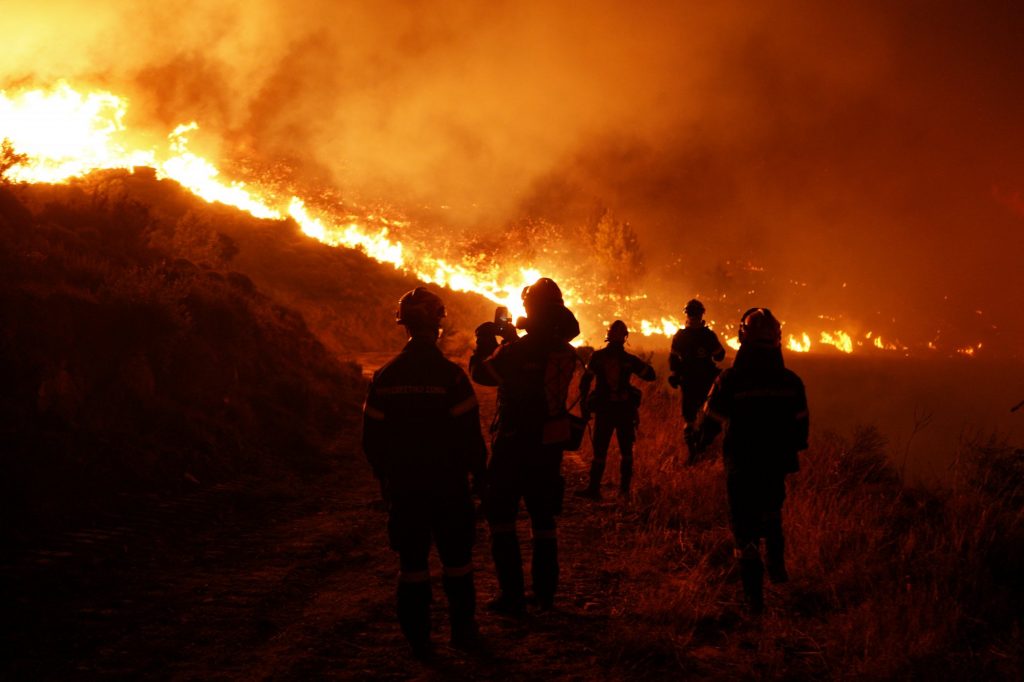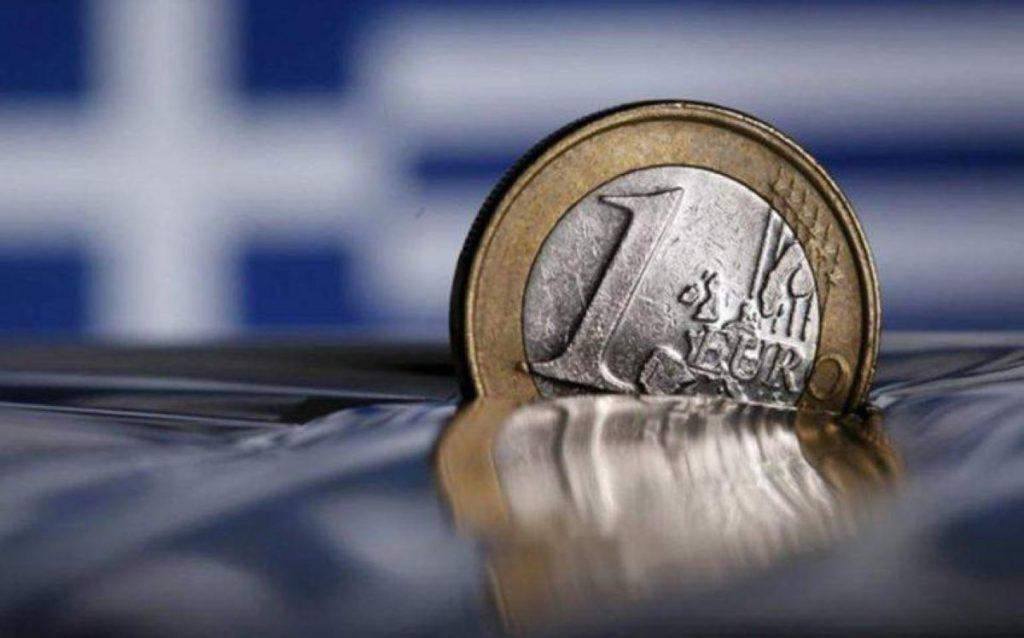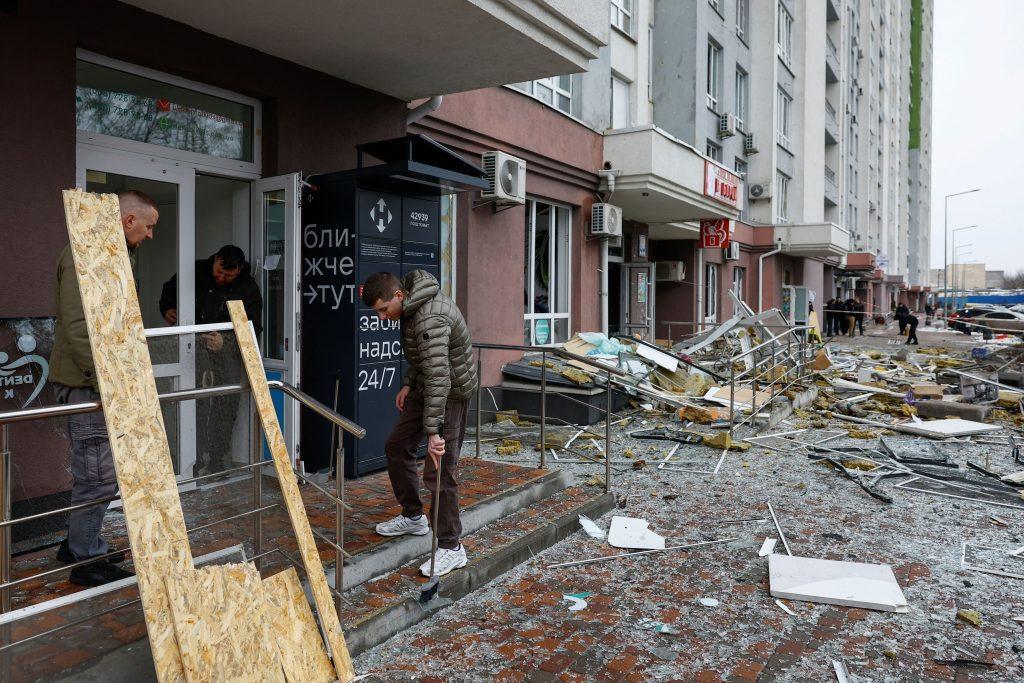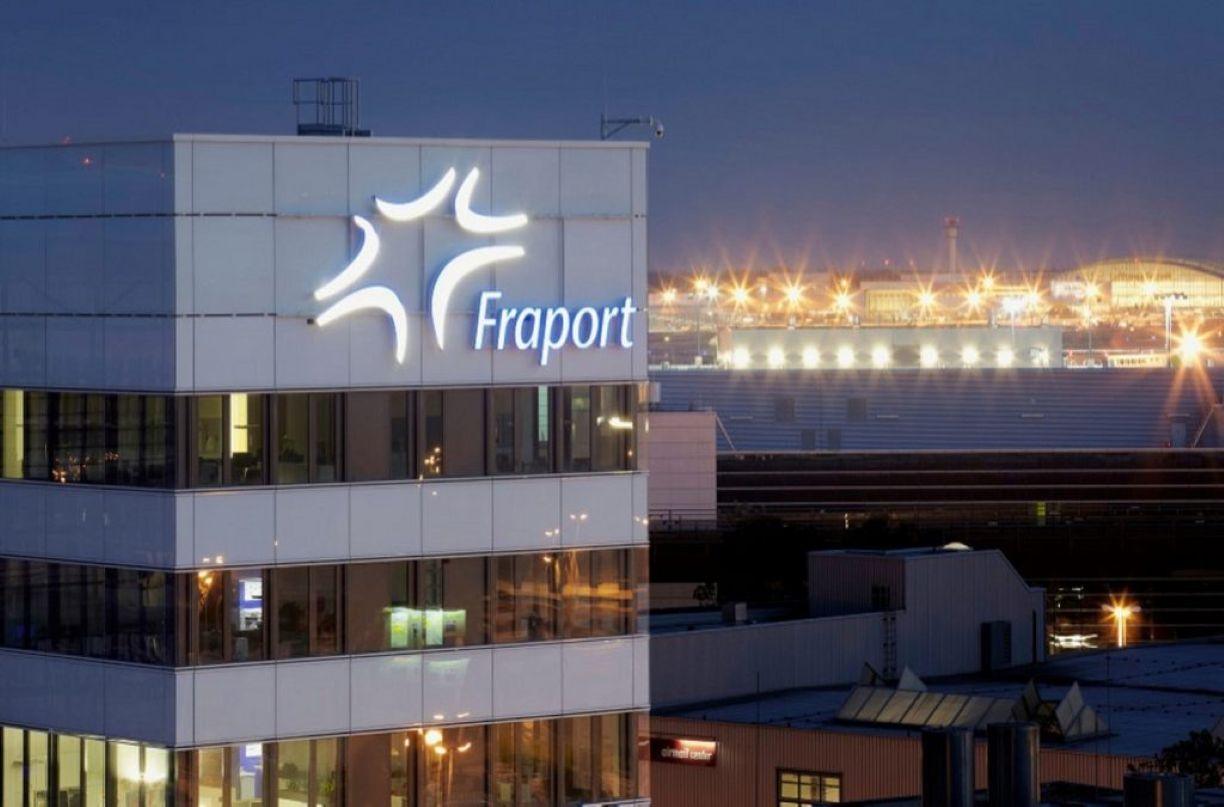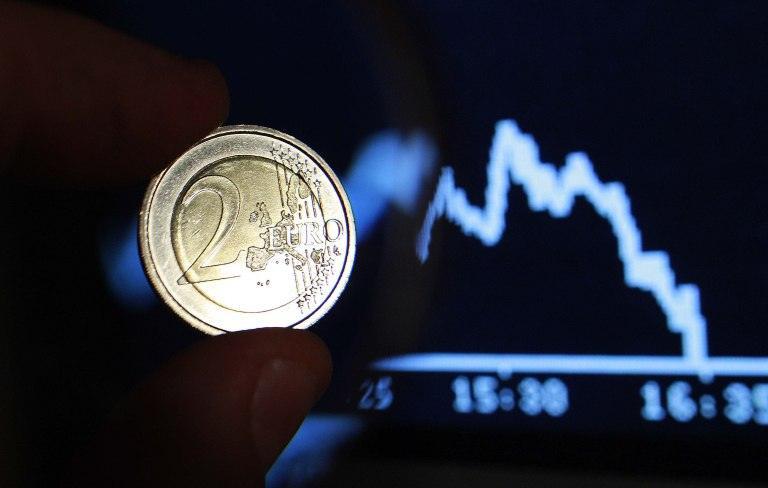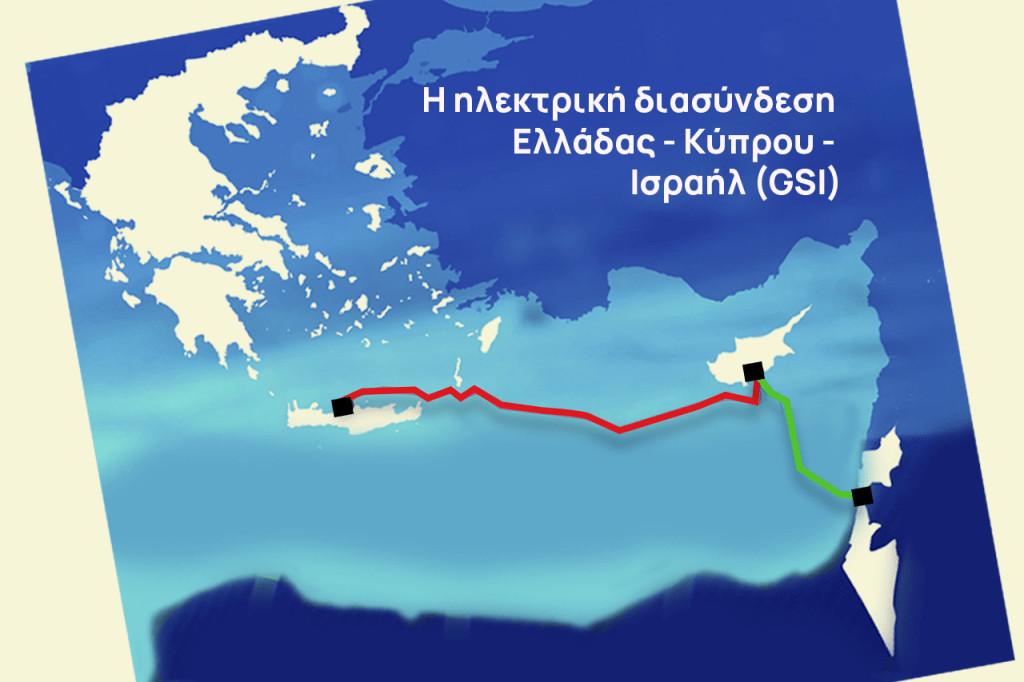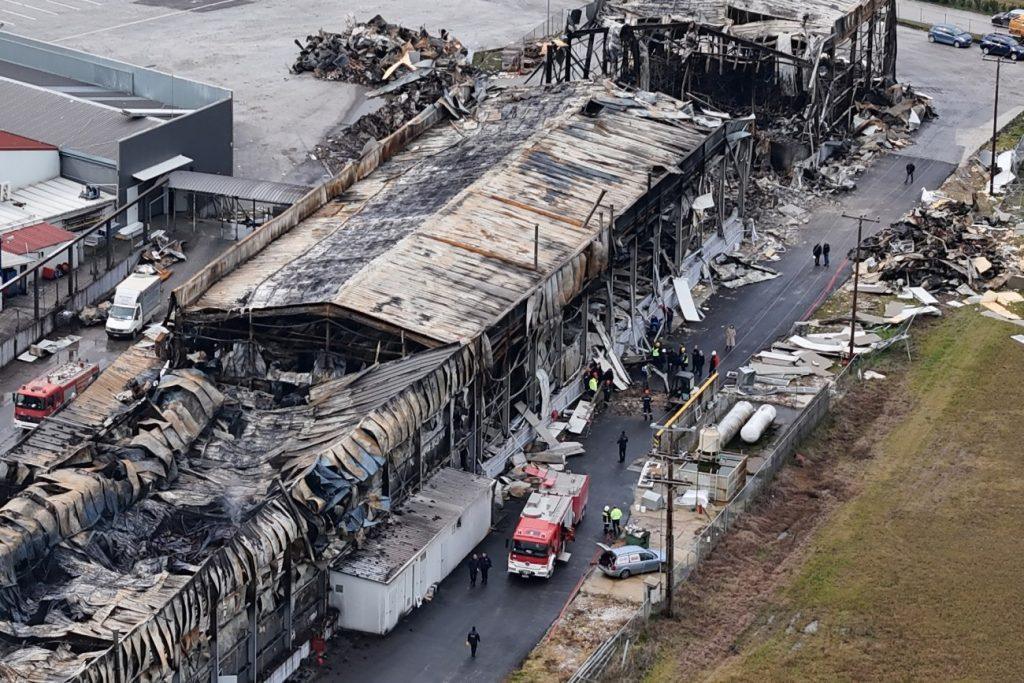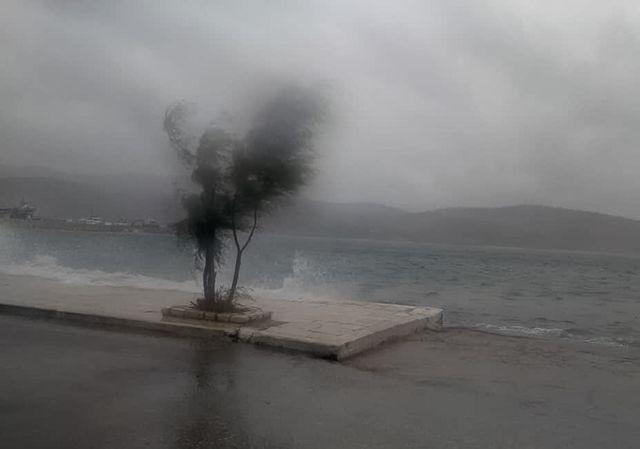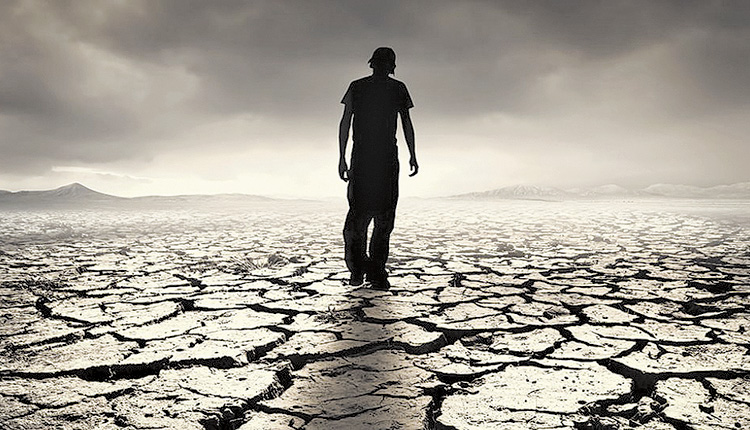The Greek economy faces severe impacts from natural disasters, highlighted recently by the massive fire in Attica. As scientists issue alarming forecasts about future calamities, the financial burden of climate change becomes increasingly evident.
According to the Governor of the Bank of Greece, climate change could cost Greece approximately 2.2 billion euros annually, or around 1% of GDP, by the end of the century.
This estimate comes from the latest update of the report “The Environmental, Economic, and Social Impacts of Climate Change in Greece,” and encompasses the toll of forest fires, crop destruction, and reduced tourism as temperatures rise.
The 2050s are projected to be a critical juncture, beyond which mitigating climate damage may become irreversible.
The report forecasts significant declines in rainfall, particularly in southern Greece, alongside increased frequency of extreme rainfall events.
Wildfires are expected to become more common, with forests potentially burning 10 to 20 additional days per year by mid-century, and 15 to 50 more days by the century’s end.
Sea levels are also anticipated to rise by 15 to 20 centimeters by mid-century and by 20 to 80 centimeters by the century’s end.
The study also identifies regions most vulnerable to climate change to aid in the development of a robust national adaptation policy.
Central Greece, Western Greece, and the Peloponnese are particularly susceptible to forest fires, while Eastern Macedonia and Thrace are vulnerable due to disparities in per capita GDP. Attica stands out for its extreme vulnerability due to high population density.
The agricultural sector faces equally troubling projections. Analysis of the damage from the floods caused by Hurricane Daniel in Thessaly last September suggests significant reductions in corn and cotton production—up to 41.7% and 34.2%, respectively.
Conversely, wheat production could increase by 13.4% in the worst-case scenario by century’s end. Notably, yields for cotton and corn in shallow and sloping areas might approach zero under the most adverse conditions.
Moreover, British Sky News has underscored the connection between climate change and severe fires, like the one in northeastern Attica. Scientists are grappling with why “extreme” fires are becoming more frequent, with conditions for some fires now 3 to 20 times more likely.
Their study indicates that the fire season from March 2023 to February 2024 saw carbon dioxide emissions from fires 16% above average, contributing 8.2 billion tons of CO₂ to the atmosphere.
Source: tovima.com
